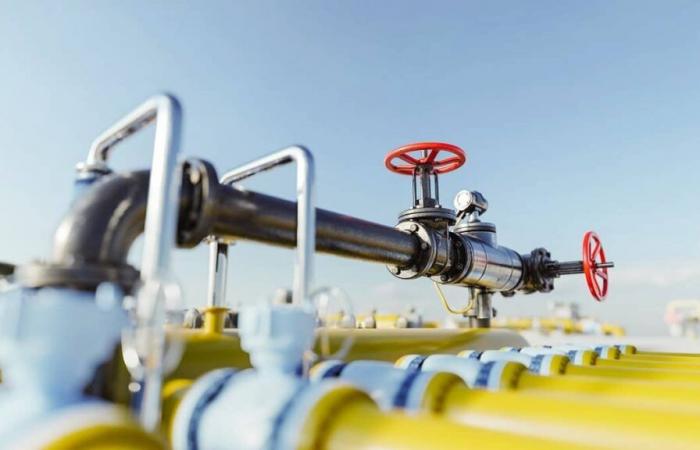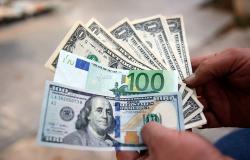This is an important reform which has just been enacted by an order from the Minister of Energy. Algeria lifts the systematic and generalized subsidy of the prices of natural gas sold to industrialists and investors, national or foreign. The ceiling on the quantities to be subsidized was set by a ministerial decree dated October 13, 2024 and published in the latest issue of the Official Journal.
The decree, signed by the Minister of Energy and Mines, Mohamed Arkab, defines “the threshold of annual quantities of natural gas consumed on the national territory from which the sales price is freely negotiated“.
No more cheap gas for everyone? Note that the reform does not concern household consumption but exclusively that of industrialists.
Taken in application of the provisions of the 2019 law on hydrocarbons, the decree provides for a reduction in the subsidy threshold gradually over five years.
The annual consumption threshold from which gas prices will be freely negotiated is set at 200 million cubic meters for the period 2025-2026, 100 million cubic meters for 2027-2028 and 40 million cubic meters from 2029. Beyond these thresholds, the quantities of gas consumed will be paid at the rate negotiated and set by the supplier and the consuming company.
To ensure a flexible transition, the text takes into consideration the quantities of natural gas consumed during the year for existing customers as well as the forecast quantities to be consumed for new customers.
Algeria resolves 20-year-old debate and ends systematic gas subsidy
Dual gas pricing in Algeria is an issue that has been debated for many years. It was notably raised during the negotiations for Algeria's accession to the World Trade Organization (WTO) in the 2000s.
This comparative advantage is supposed to encourage national production by allowing the Algerian industrial fabric to produce at lower cost. But it gave rise to abuse.
Certain industries that consume a lot of gas (cement, steel, electricity, fertilizers, etc.) make super profits which end up being transferred abroad in the form of dividends when the capital is held by non-residents.
Algeria is also faced with the problem of increasing domestic consumption which prevents it from increasing its exports, despite strong demand from foreign customers, as was the case after the outbreak of war in Ukraine in February. 2022.
National gas production is estimated at just over 100 billion cubic meters per year, of which only half is exported, the rest being consumed by households and local industry.
« It is a regulatory element, it is welcome. This approach is to be welcomed to prevent an undue transfer of the pension“, reacted energy expert Mustapha Mekideche in a statement to TSA.
“This is a mechanism for capping the sale price of natural gas benefiting from public subsidies. Beyond these thresholds, additional quantities will be subject to an agreement with resident customers, whether national or foreign investors.“, he explains.
Mustapha Mekideche insists that it is a “first step towards rationalizing consumption » of this energy, and the limitation of “ transfer of part of the gas rent“.
The only point that remains to be clarified, believes the expert, is whether the capping will take place.per industrial unit or per company“for those who have several units. Whatever it is, it remains in any case »an interesting reform“, he assures.






